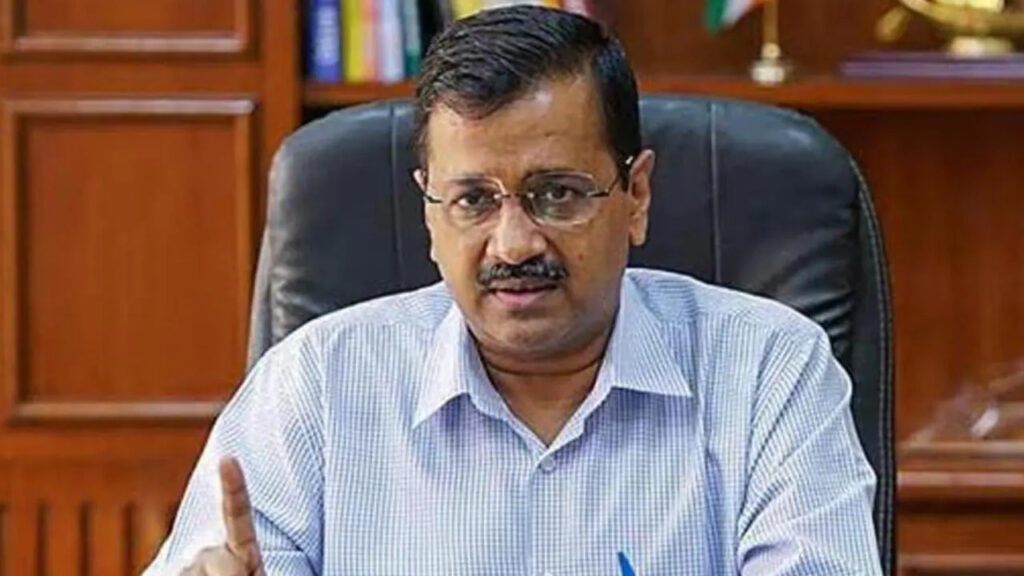Arvind Kejriwal Suffers Shock Defeat in New Delhi, BJP’s Parvesh Verma Emerges Victorious

In a dramatic turn of events, Delhi Chief Minister Arvind Kejriwal has lost his re-election bid from the New Delhi constituency to BJP’s Parvesh Verma, a former two-time MP. Kejriwal, who has represented the seat since 2013, fell short by approximately 1,200 votes, while Congress candidate Sandeep Dikshit secured third place. The outcome has reignited debates about the strained alliance between the Aam Aadmi Party (AAP) and the Congress, both part of the faltering INDIA bloc, and whether a united front could have altered the result.
Parvesh Verma, hailed as a ‘giant-slayer’ for his ability to defeat high-profile opponents, has now positioned himself as a rising star within the BJP. His victory is seen as a stepping stone toward a potential Chief Ministerial role, following the legacy of his late father, Sahib Singh Verma. Verma is expected to meet Union Home Minister Amit Shah soon, further cementing his growing influence in the party.
Kejriwal’s defeat marks the end of an era for the AAP in New Delhi, a constituency he won in 2013 by defeating then-Chief Minister Sheila Dikshit of the Congress. This loss, combined with the AAP’s overall poor performance in the Delhi Assembly elections, signals a significant decline for the party. At the time of counting, the BJP was leading in 48 of Delhi’s 70 Assembly seats, while the AAP was ahead in only 22.
The election results have dealt a severe blow to the AAP, with many viewing this as the potential ‘end’ of the party’s political relevance. Kejriwal’s defeat, along with the loss of his former deputy, Manish Sisodia—who withdrew from the contest in Janakpura—has left the party reeling. Both leaders were previously embroiled in legal troubles related to allegations of corruption in Delhi’s liquor excise policy. To make matters worse, Chief Minister Atishi is trailing in her constituency, further deepening the AAP’s crisis.
The BJP’s strong performance underscores its growing dominance in Delhi’s political landscape, while the AAP’s struggles raise questions about its future. Once seen as a disruptive force challenging traditional politics, the AAP now faces an existential crisis as its top leadership falters. Meanwhile, Parvesh Verma’s victory has positioned him as a key figure in the BJP’s plans for Delhi, signaling a potential shift in the capital’s political dynamics.
This election has not only reshaped Delhi’s political map but also highlighted the challenges ahead for the AAP as it seeks to regain its footing in an increasingly competitive arena.


